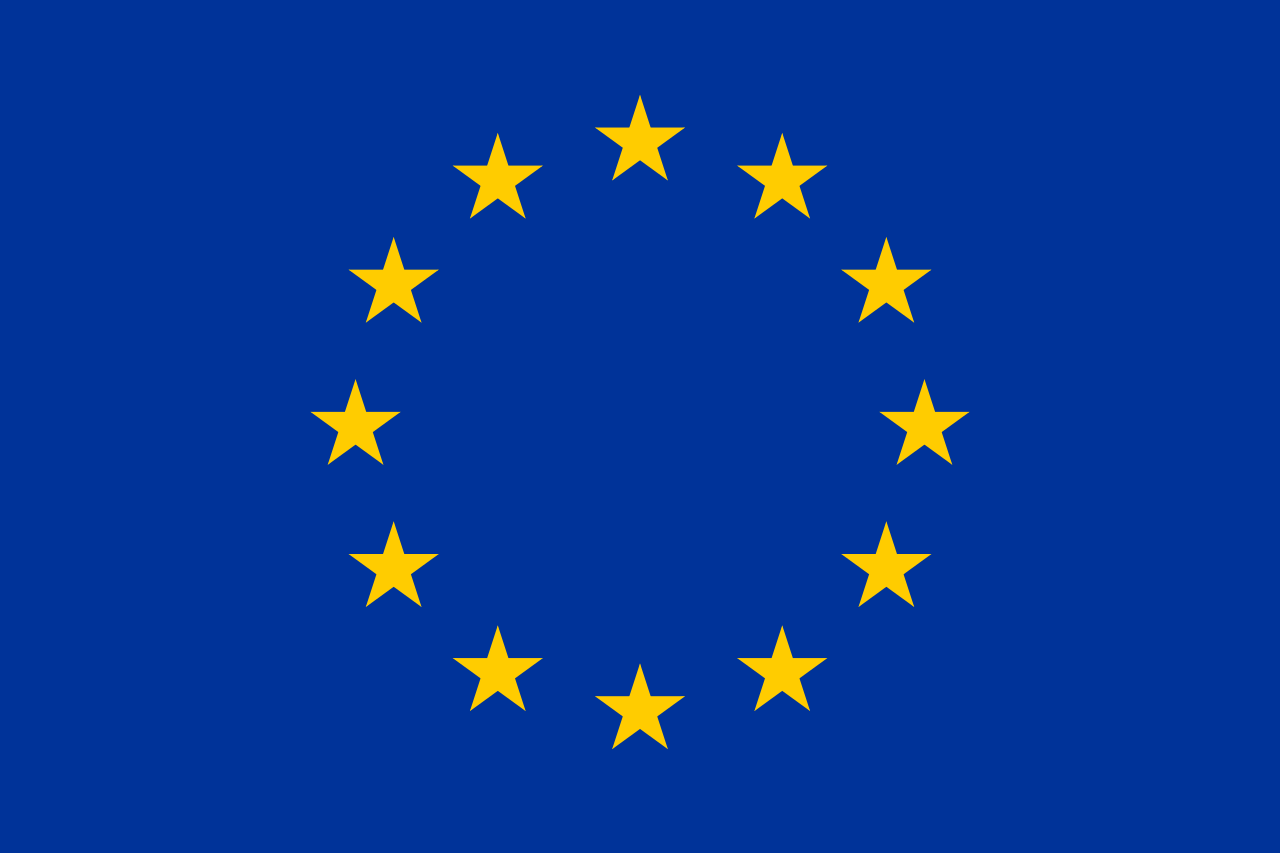
Following the European Parliament’s green light for the adoption of the Growth Plan at the end of April, the Council of the European Union adopted this document today, thus formally completing the procedure. As announced by the EU, this plan will support reforms related to the region’s accession to the European Union and improve economic growth.
Through this new financial instrument, the region will receive assistance amounting to EUR 6 billion, with EUR 2 billion being direct payments to the budget and EUR 4 billion being favourable loans. The support from this instrument will be aligned with the support already provided to the region through the existing Instrument for Pre-accession Assistance (IPA III).
The Growth Plan envisages financing under very favourable conditions, including repayment over a maximum period of 40 years, starting from 10 years. In order to receive funds, beneficiaries will submit payment requests to the European Commission twice a year, which will assess the fulfilment of reform measures planned for the specified period and then make payments.
On 8 November 2023, the European Commission presented the New Growth Plan for the Western Balkans, consisting of four pillars: 1) accelerating integration into the European Union’s single market 2) boosting regional economic integration 3) fundamental reforms aimed at accelerating growth in the region, promoting economic convergence, and strengthening regional stability (Reform Agenda) and 4) establishing a new financial instrument: Reform and Growth Facility for the Western Balkans.
The goal behind establishing the Growth Plan is to provide some of the benefits of EU membership to the Western Balkans before formal accession and to support the region in implementing reforms for sustainable economic growth, regional integration, and the Common Regional Market through a new financial instrument. Special focus will be placed on sectors crucial for social and economic development, such as transport, decarbonisation, energy, green and digital transitions, as well as education and skills development, with a particular emphasis on youth.
Reform measures will be planned within the Reform Agenda, which will be submitted to the European Commission no later than three months after the Regulation comes into force. This document will include measurable steps classified into several key areas, with a precise timeframe for their implementation. The specified steps for assessing progress must be planned uniformly throughout the entire implementation period, no later than 31 August 2027, while the implementation of the measures themselves is possible until the end of 2028. The Reform Agenda will be prepared based on the beneficiaries’ development strategy and in accordance with the obligations from the European integration process.





